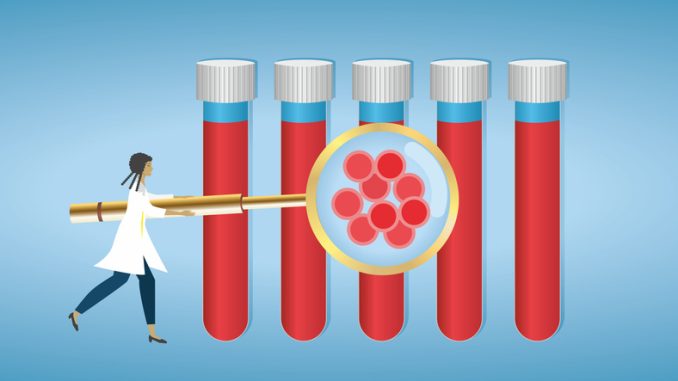
A groundbreaking gene-editing treatment for sickle cell disease is now available to NHS patients, transforming the future of care for those affected by this debilitating condition
CREDIT: This is an edited version of an article that originally appeared on Wired Gov
NHS patients with sickle cell disease can now benefit from a groundbreaking gene-editing treatment that holds the potential to cure the condition. The one-off gene therapy, exagamglogene autotemcel (or ‘exa-cel’), was approved for use by the National Institute for Health and Care Excellence (NICE) in England on 31 January 2025, for older children and adults suffering from the severe form of sickle cell disease.
Improving Quality of Life
Before the availability of this pioneering treatment, individuals with sickle cell disease faced lifelong treatment regimens, significantly affecting their quality of life. Patients often experienced chronic pain, the constant fear of sickle cell crises, frequent hospitalisations and shortened life expectancy. Many described the condition as “looming over their daily lives.”
However, clinical trials have shown promising results. All patients who received exa-cel were able to avoid hospitalisation for a year after treatment, and nearly 98% remained hospital-free around three and a half years later. According to NHS data, there were over 32,000 hospital admissions in England during 2023-24 for sickle cell disorders, with nearly 14,000 of these admissions due to sickle cell anaemia crises. A survey conducted by the Sickle Cell Society revealed that, prior to the introduction of exa-cel, around 24% of people with sickle cell disease had spent one to two weeks in the hospital over the past two years.
Specialist Treatment Centres
The treatment is available at specialist NHS centres in London, Manchester and Birmingham, making it accessible to patients who qualify. The NHS had also reached a deal in August 2024 to provide exa-cel for eligible patients with transfusion-dependent beta-thalassaemia.
Sickle cell disease is caused by a gene mutation that results in red blood cells becoming sickle-shaped, leading to haemolytic anaemia, a blood disorder where red blood cells are destroyed faster than they can be replaced. Over time, the condition can cause severe organ damage and excruciating pain if damaged red blood cells block blood vessels and restrict the flow of oxygen. This can also lead to strokes and heart failure.
With the approval of exa-cel, patients with severe sickle cell disease now have a potentially life-changing treatment option that offers hope for a brighter, healthier future.


Be the first to comment